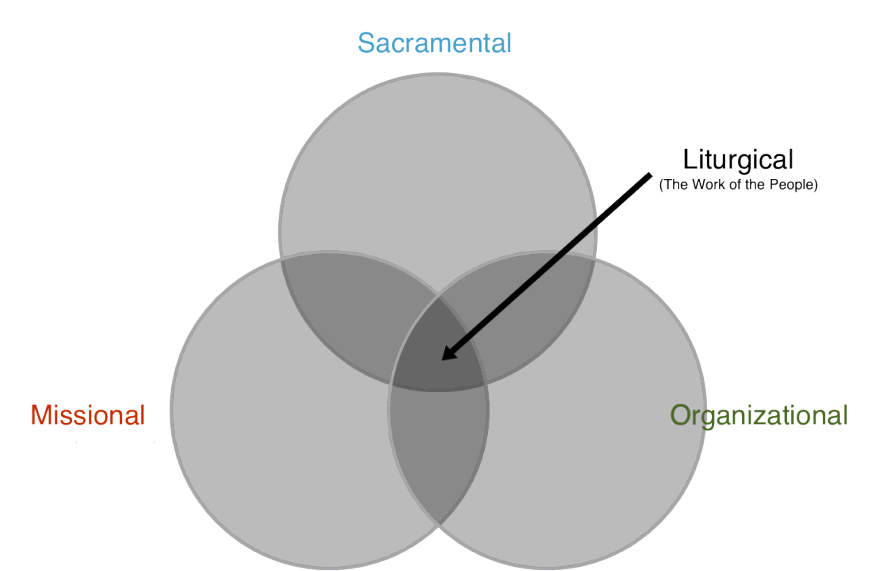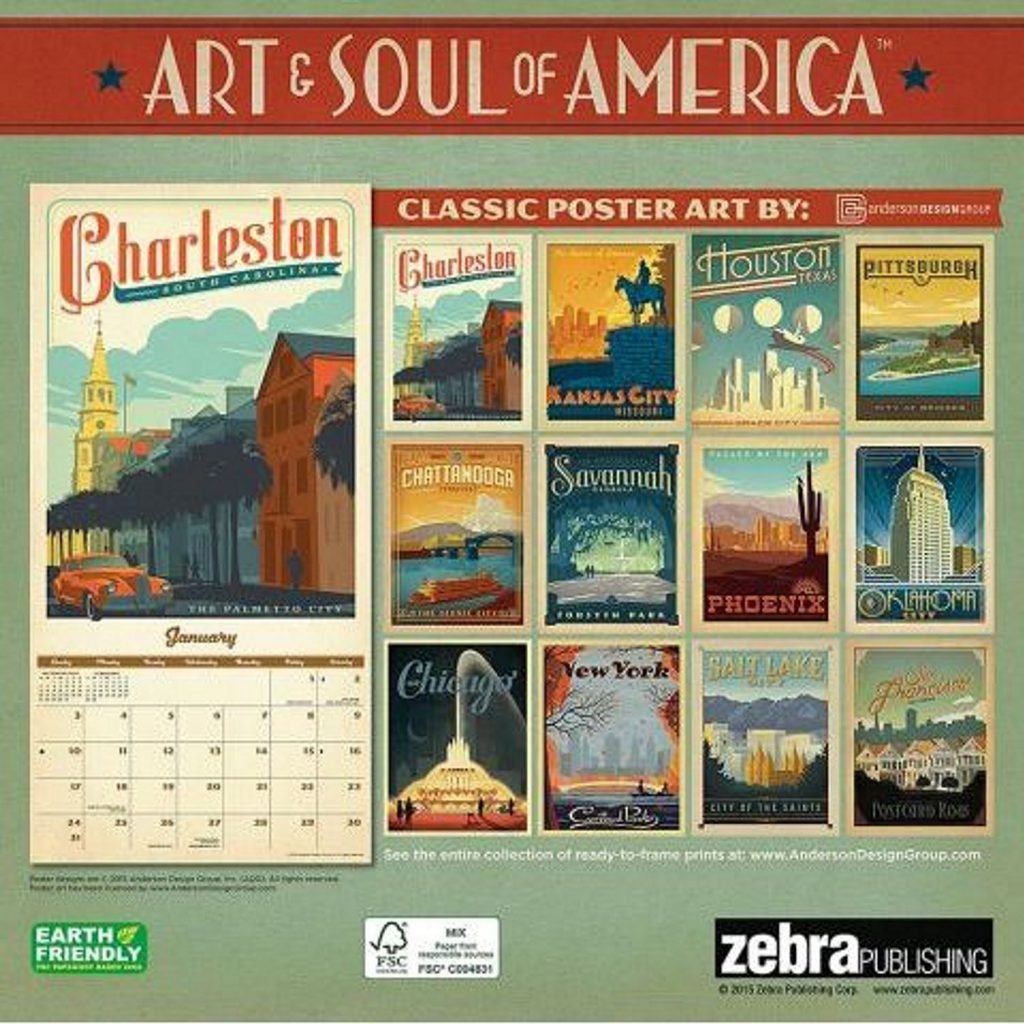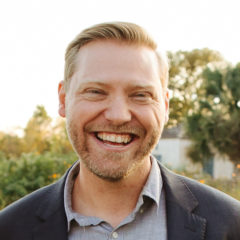The other day a friend asked me what my “philosophy of ministry” was. My answer was simple: put it on the calendar.
You can go on and on about theology and philosophy and systems and blah-blah-blah. The fact is that what you value is pretty easy to measure. Just look at how people spend their time and money.
We make time for the things that matter. Although a calendar might sound obvious for any organization, it isn’t always this way for a pioneering leader. Pioneers must navigate the community they are reaching out to, as well as their supporting church organization, while maintaining their specific discipleship goals. They are often bi-vocational, so they have work commitments. They also to deal with “the church they planted in their head,” the ideal of what they want a fresh expression to be.
"My
Tweet this.
Navigating this means having three interwoven calendars: Sacramental, Missional, and Organizational. These three elements will create a new “liturgical year” for your church community.

Sacramental
For centuries, the church tradition has found it wise to set aside certain days (Christmas, Easter, Pentecost, etc.) to remember the pivotal moments in the story of scripture. Likewise, the seasons of Advent, Lent and ordinary time provide extended opportunities to reflect and repent.
Most churches have a regular practice of Eucharist (also called the Lord’s Supper, and communion). There are the weekly practices of worship gatherings, small groups, and Christian education.
All churches have these “sacraments,” but how sacred they are on the calendar varies based on the community. If we believe that certain teachings and practices are important, then we have to schedule them.
A few suggestions for a sacramental calendar for your fresh expression might include:
- Teaching on baptism and discipleship, including baptismal celebrations.
- Visiting the poor and imprisoned
- Teaching on biblical approaches to sexuality
- Sabbathing together
Missional
The liturgical calendar some churches use today developed over centuries. Practices can often be traced back to well-meaning church leaders trying to repackage local traditions to teach about the way of Jesus. Rather than blindly embracing the Roman or Anglican calendar, we should strive to build a calendar for our cities and neighborhoods.
What are the key moments in your city’s calendar? This is easy in my city, Austin, Texas, where we are obsessed with festivals and football. In spring, we have the sprawling music and technology festival South by Southwest, and in the fall we have a two-weekend concert called Austin City Limits. In between we have everything from a yearly kite festival to a massive art studio tour.
The people in your church will be involved in your city’s events. The question is: How can you use our city’s calendar to teach the way of Jesus?
Organizational
Every Church has foundational organizational practices that have to be regularly revisited. These practices might include a vision-casting sermon series or a vote on the budget.
For many people in your church, the organization is a mystery. Questions like “Who does what?” “Where does our money go?” remain unanswered.
A few helpful organizational events worth putting on your calendar might include:
- Membership classes
- Feedback opportunities
- Leadership retreats
It all comes down to this: if something matters, you’ll make time for it. So put it on the calendar.
What is so important you put it on your calendar every year?
This was adapted from a post that originally appeared on ChrisMorton.info.
Image courtesy Zebra Publishing.


